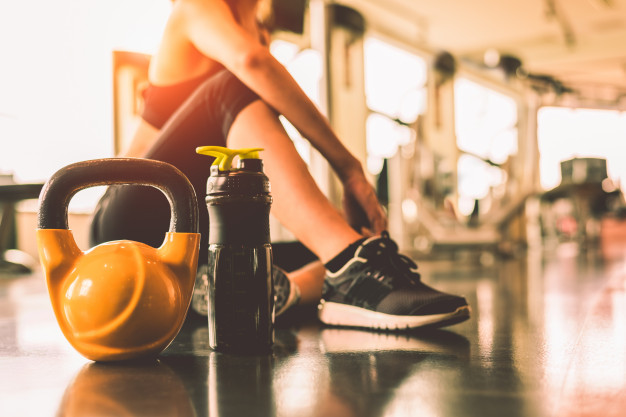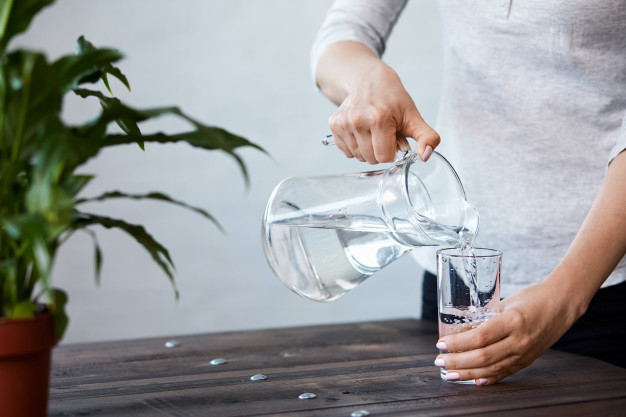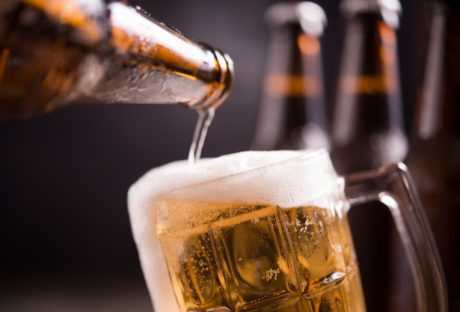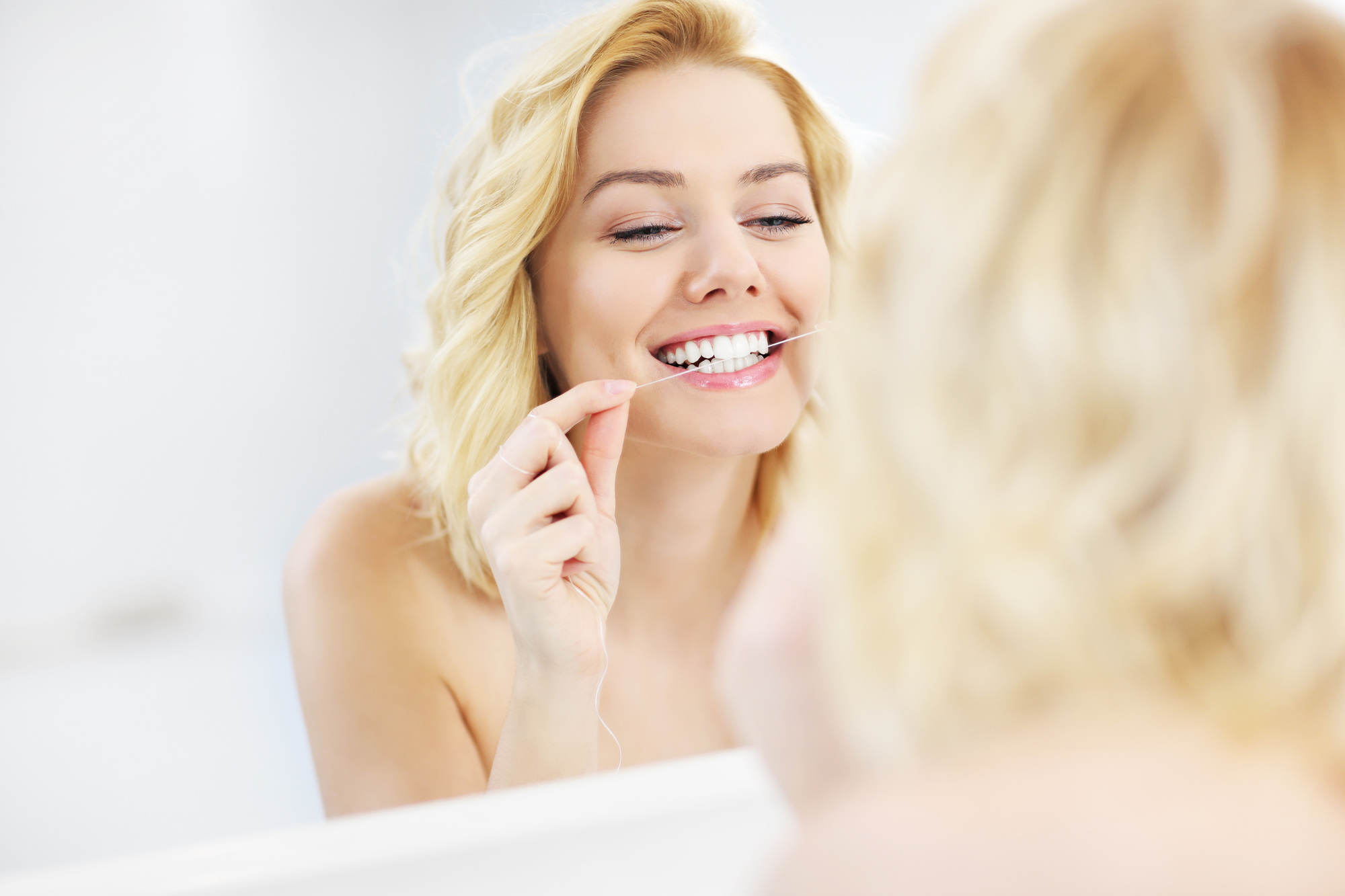Marijuana is the drug of choice in case of post-operation pain. There is a common belief that it is not an addictive drug, but this is not the ultimate truth. It is estimated that around 9% of the people around the world using pot will eventually become addicted to it, while approximately 25-50% are those who used to smoke on daily basis.
Marijuana detox:
Detoxification is the method used to remove the harmful amount of the substance that is accumulated in the body. Detox from drugs like marijuana is required for the people who are trying to quit the use of the drug but in vain.
This is helpful for those who are suffering from marijuana use disorders, or who are trying to clear the THC from their systems, or the mothers who are desperate to protect their children’s health.
Many people trying to get a reputable job but they are failed due to addiction, need help to get rid of this habit.
Many people who use marijuana in combination with many other drugs like heroin, cocaine, etc. can get an advantage out of marijuana detox due to chances of higher risks during multiple-drug withdrawal.
Guidelines for an effective marijuana detox-
The initial stages of marijuana withdrawal can be severe during the detoxification. Following are the seven guidelines for an effective marijuana detox:
Realize the reason for detox:
Firstly when you trying to quit smoking pot on your own, do you find it difficult to do so? Do you start having cravings whenever you are depressed? Do you munch on junk foods often due to smoking pot? Make a list of all of these questions arising in your mind when it becomes difficult for you to continue your detox process.
Healthy eating:
Start eating lean meat, fruits, pulses, and vegetables instead of sugar and alcohol. Replace your regular meals with foods with high fiber and water content like broccoli, cucumber, beetroot, etc. that helps you to remove as many toxic substances from your system as possible.
Workout:
When the detox eliminating the excessive amount of the drug from your body, you will feel lightweight and more energetic but no channel is there for you to utilize this energy. For this purpose, the regular workout is the best way out to keep you physically fit and active. The THC accumulated in the body will move out of your system gradually as you start burning your fat.
Stay Hydrated:
As marijuana will eliminate from the body through urination or perspiration so you need to take plenty of fluids. You can add such substances in your water that will boost up the detox action like lemon, cucumber, ginger, cinnamon, etc.
Start Supplements:
If you have started the detox process, then vitamins in form of supplements help raise the rate of flushing the drug out of the body. Niacin, Vitamin B3 is commonly used to trigger the elimination of the toxins as it is used to dilate the blood vessels by increasing the histamine level. So one tablet once a day is enough to increase the detox process.
Find a Detox Partner:
When you register in a detox clinic then there will be many others who are in the same boat. They will act as a support system for you to stay focus on your goal and helps you to achieve it.
Go Easy On Yourself:
Detoxification is a slow and steady process so you can’t get rid of the drug overnight. You need to be relaxed and have the patience to go through the whole procedure and just avoid such things that trigger the cravings for the drug so you continue to refrain from drug use.

























